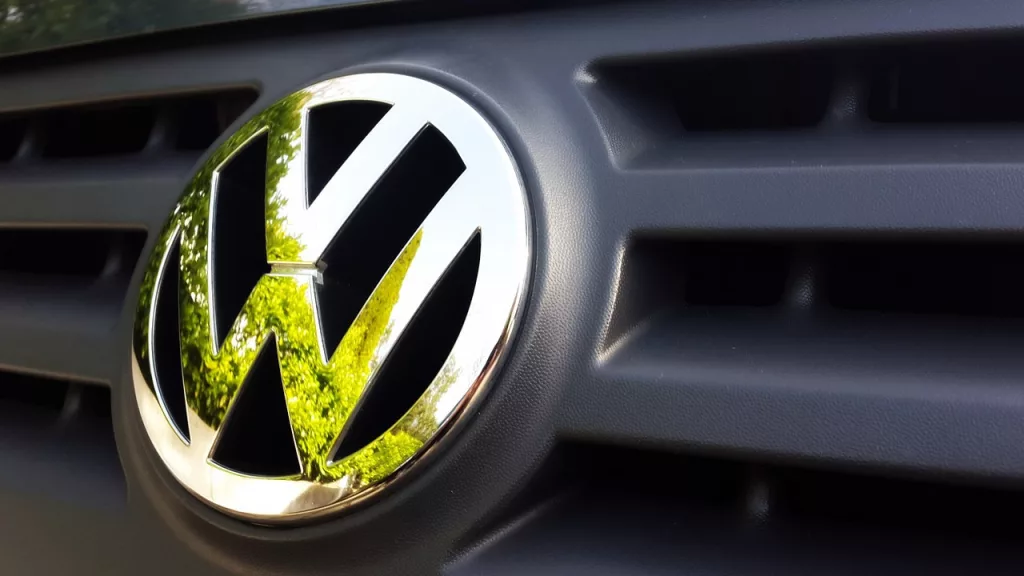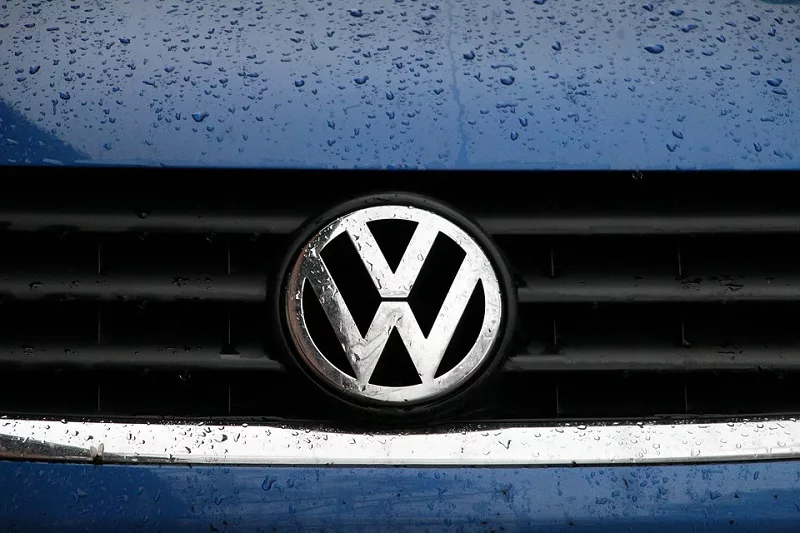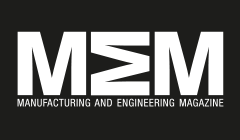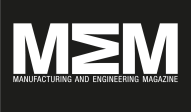Turnover Passes the £80M Mark at a Volkswagen Dealer

A South Coast-based Volkswagen dealer has grown turnover past the £80 million mark, but said new vehicle sales were hit by the introduction of new emissions tests in the second half of the year covered by its latest accounts. Breeze Motor Company, which is headquartered in Poole, grew turnover to £80.4 million in the year to 31 December 2018, up from £78.3 million in the previous year. But the business made a loss before tax of £488,727 down from a profit of £309,370 in the previous year. In a review accompanying its accounts, Breeze said its new car division made an exceptionally strong start to 2018, leading to a very positive Q1 result. However, as the year progressed model range rationalisation started to cause production issues which in turn led to extended lead times and consumer frustration due to the Worldwide Harmonised Light Vehicle Test Procedure (WLTP). The EU-developed WLTP became mandatory for all new cars in September 2018, having been introduced a year prior. Breeze said new vehicle sales were heavily impacted in the second half year of 2018 due to the introduction WLTP and the subsequent homologation process for the UK market. “Our September performance clearly demonstrated the volume impact on our business — our Q4 performance saw a positive year on year trend over 2017 as we started to see the return of WLTP compliant stock, this trend has continued in to Q1 of 2019,” the report added. Sales of used cars were said to be erratic during 2018 with WLTP having an impact as residual values were inflated by a lack of new vehicle stock, while the group’s aftersales division performed strongly. The company, which also has sites in Southampton and Portsmouth, is looking to grow its used vehicles, aftersales and commercial vehicle fleet operations. Writing in the report, Breeze said: “Our key strategic focus areas for our business are used vehicles, aftersales and commercial vehicle fleet. 2019 will see us re-building our commercial vehicle team ensuring we have the right people in the right role creating a sound organisational structure to enable growth. “Within passenger car, we will, have the full range of SUVs with the launch of T-Cross and we will capitalise on this as the segment continues to grow exponentially. We will continue to benefit from group synergies across our four franchised sites with the new Portsmouth Van Centre now in operation completing the CV market area.” Manufacturing & Engineering Magazine | The Home of Manufacturing Industry News
Volkswagen Announce Ambitions to Create Electric Versions of their Entire Portfolio

Volkswagen have announced that they that they are working on manufacturing an electronic version of every vehicle in their portfolio. The German vehicle manufacturer has announced that they plan on having an electric version of their vehicles by 2030. This announcement has come as part what is being called the largest electromobility campaign in the automotive industry. On Monday the 11th September the German Vehicle manufacturer made this ambitious announcement, saying that they will make at least one electronic version of their near 300 models. This claim does involve the models that have been manufactured by Volkswagen under Audi, Scania, SEAT SKODA and Porsche. This ambition will be made a reality with the help of a £20 billion direct investment which will be put in to industrialising electromobility, a target they hope to reach by 2030. As part of their commitment to adapting and offering more sustainable vehicles, Volkswagen will be delivering more than 80 new electric vehicles to their customers by 2025. These 80 new vehicles will include 50 models which are expected to be fully-electric and 30 vehicles which will be plug-in hybrids. Volkswagen have recently exhibited at the Frankfurt Motor Show, and the intent of the company is to become the world leader in electromobility by 2025. As a part of their ambitions to trailblaze as more and more manufacturers make the commitment to electric, Volkswagen plan on creating as many as three million e-cars each year. As technology is rapidly progressing and more restrictions are planned to limit the use of fuel, it is vital for car manufacturers to embrace the challenge of electrifying their products. Volkswagen are still exploring different way to meet their target but it has been suggested that about a quarter of all of the new vehicles manufactured by the group could be fully-electric. The company is also looking into longer life car batteries that could in the future offer a driving range of over 370 miles in one charge. Manufacturing & Engineering Magazine | The Home of Manufacturing Industry News
Jaguar Land Rover Reports Record Sales, Selling a New Car Every Two Minutes

Internationally renowned, luxury and off-road vehicle manufacturer, Jaguar Land Rover has achieved record sales in the UK, reportedly selling a new car every two minutes over the month of March. The firm revealed it had sold 25,127 vehicles last month â a 16% increase on March sales last year. Its success is by no means confined to March either; Jaguar Land Rover has enjoy a record-breaking first quarter, selling some 35,444 vehicles since the start of the year, up 23% on 2015. After a long history of acquisitions and hand-changing, Jaguar and Land Rover came under the same company header in 2000, and the manufacturer now operates as a subsidiary of Indian auto-manufacturer, Tata Motors. The firmâs popular sport saloon model, the Jaguar XE, provided the biggest boost to sales figures, responsible for over fifth of all Jaguar Land Rover sales with 5,655 cars sold. Indeed, sales of Jaguar vehicles alone are up a huge 76% on last yearâs quarter â the XE totting up a 45% hike, itself. Sales of Land Rover models have been more sluggish though are still not without commend. 19,472 models of the luxury 4X4 vehicles have been sold so far this year, representing an increase of 9% on 2015. By far, the Evoque and Discovery Sport models were the big winners, clocking in sales of 6,048 and 5,787 respectively. Consumer preference for the more stylish â as well as more fuel efficient vehicles â could well point in the direction of a both a more aesthetic and environmental future of driving. While fuel prices remain relatively low, the tax relief on low emissions vehicles continues to be a motivating factor for buyers â something that will no doubt inform the automotive leaderâs next generation of vehicles. Jeremy Hicks, Managing Director of Jaguar Land Rover UK commented that had been a fantastic March for the manufacturer with a very strong performance from both brands. Heâs right to point out the month as a staple of the automotive calendar as itâs the month when new, 16 registration plate is introduced. Automotive manufacturers, as a whole, fared exceptionally well last month with over 500,000 new cars sold in the UK. Jaguar Land Rover nevertheless outstripped stern competition from the likes of Volkswagen which has since fallen out of favour with consumers after the emissions scandal. Despite last monthâs success however, Jaguar Land Rover is showing no signs of slowing down the pace. The firm has promised the release of two new models later this year, the Range Rover Evoque Convertible and the Jaguar F-PACE. And following the acclaim of their predecessors, the new vehicles are almost guaranteed to secure this marqueâs position in the history books.
R&D Credited as Automotive Sector’s Route to Success

Putting money into R&D really pays off – at least thatâs the shared vision of the worldâs leaders in the automotive sector. Following the release of some of the biggest car manufacturersâ R&D spend figures, the automotive sector has cemented its position at the forefront of innovation. The importance of research and development (R&D) is well-documented. Businesses understand it to be a critical stage through which to develop new practices and products. From innovation comes the opportunity to further growth and continued viability. Despite being considered a valuable tool with which secure the future, R&D never fails to prompt discussions about input and output; whether, in financial terms, you ever really get back what you put in. Determining how much you ought to spend on R&D to get the best results, is quite the task though, if leading automotive manufacturers are anything to go, that figure is in the billions. Last year, international business expert, PwC, reported £78 billion was spent on R&D in the automotive industry and domestic car manufacturers racked up the biggest bills by far. Volkswagen led the pack, investing a huge £10.9bn in R&D. Following last yearâs emissions scandal, the manufacturer has renewed its commitment to fuel efficiency and green travel. Those ambitions will culminate in the release of the Mk7 Golf in 2018, a vehicle expected to be the most efficient available on the consumer market. Second and third place in the R&D stakes â Toyota and Mercedes respectively â barely came close to Volkswagenâs figure though still spent a hefty £6.6bn and £5.5bn each. GM and Ford complete the top five while Honda, BMW and Nissan also spent several billions on R&D apiece. Major tyre and parts manufacturers, including Continental and Aisin Seiki (a subsidiary of Toyota) also put up significant R&D figures, finalising the automotive industryâs hold on the sector. Although itâs hard to truly discern to value of R&D, reflecting on the automotive sectorâs continued success, it appears the pay-off of major investment is not to be overlooked. Itâs only as a result of regular and significant emphasis on innovation that customers are able to travel more easily and comfortably, and our shared carbon footprint is drastically reduced.



